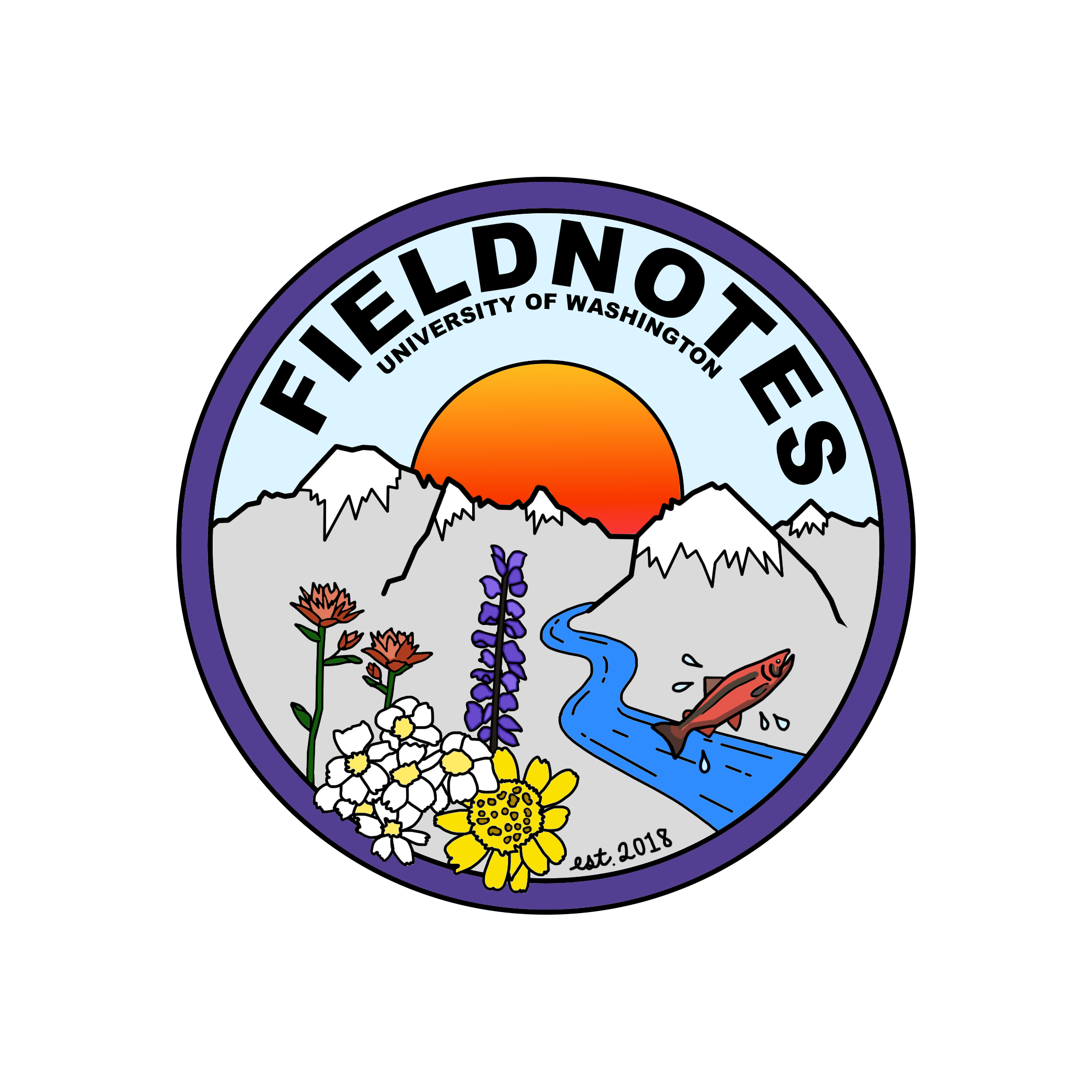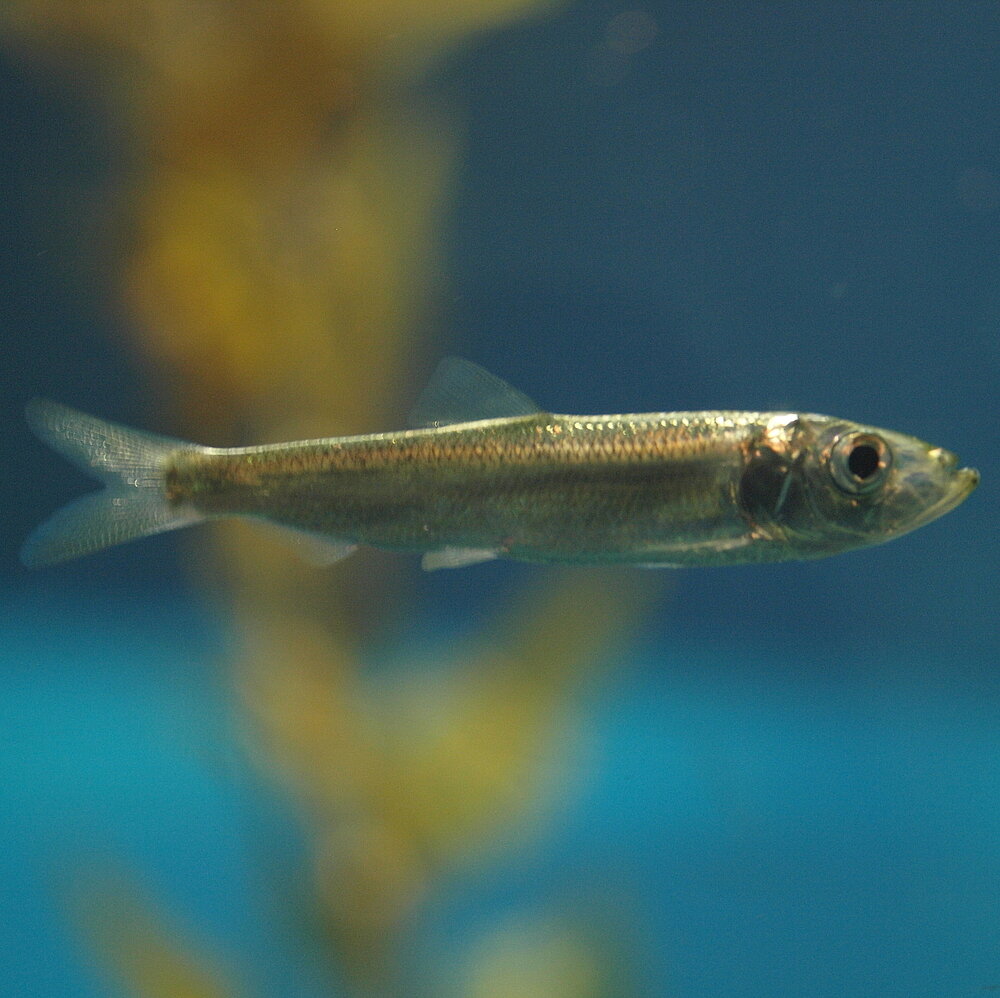Learning another language can be a difficult task that requires a lot of practice and dedication, and trying to learn a language from another species can seem impossible. Today, with the use of computer learning, humans are teaching computers to speak whale.
Should you risk it for the biscuit? Perceptions of COVID and Climate Change and how SciComm can help.
Using kitchen scraps as fertilizer is perhaps the easiest way to save money and improve the health of your plants. Quite simply, plants require specific nutrients that are already present in the food we eat. So why throw away your leftovers, when you can reuse them?
Read MoreDespite being very different, the Salish Sea and the Jonas Brothers both have one thing in common.
Read MoreSeahorses are the unsung heroes of habitat conservation.
Read MoreBy Katie Gonzalez
I begin my journey by setting out to learn how scientific knowledge informs policy for the environment. I ask this question because the topic itself is very broad and there are many ways in which science influences policy. By sharing my experience I hope to encourage citizens much like myself to learn about and participate in the legislative process within their community.
Read Moreby Madeline Brooks
Like most bright-eyed students entering into the field of environmental sciences, I was motivated by the desire to change the world, for the better.
Read Moreby Celine Tang
A look into coastal ecosystems and their role in global carbon sequestration
Read MoreWe feel the best use of our platform is to support our Black siblings as allies, especially our student peers, faculty, and staff. To them, we say: we stand with you on the streets, in the field, in the lab, and on campus. We hear you. We are listening. We echo your words: Black Lives Matter.
Read Moreby Allison Phillips
In March and April of 2020, amidst the uncertainty and turmoil of COVID-19, there was triumph. Rulings on two separate cases altered the fates of the Dakota and Keystone XL pipelines.
Read Moreby Andrew Chin
Floating wetlands project in Seattle’s Lower Duwamish River shines a light on environmental justice
Read Moreby Kylie Sahota
When molecular laboratory technicians (such as myself) are out of work due to a worldwide pandemic, I respond by getting into the kitchen.
Read MoreEthen Whattam is an undergraduate senior in Aquatic and Fishery Sciences. He is currently learning Hindi and studying transboundary water management in India on a Boren Scholarship. His research analyzes differences in river regulation between nations sharing water resources and asks how water is used as a bargaining chip in international negotiations.
Read MoreCarly Lester is a senior undergraduate in the Program on the Environment who is primarily interested in the health of our food system. This past summer she traveled to Groenekan, Netherlands to work on an organic farm. Her research analyzed farmers’ use of direct farm marketing and aimed to understand their experiences selling directly to consumers.
Read MoreMary Cappelletti is a senior in the Program on the Environment and went to Bangata, Tanzania in Fall 2017 through SIT . She studied the drivers of food choices in an urban setting by interviewing locals and found most individuals are motivated by cost and location. Her study also highlighted a lack of food education in Arusha, Tanzania and potential repercussions.
Read More













